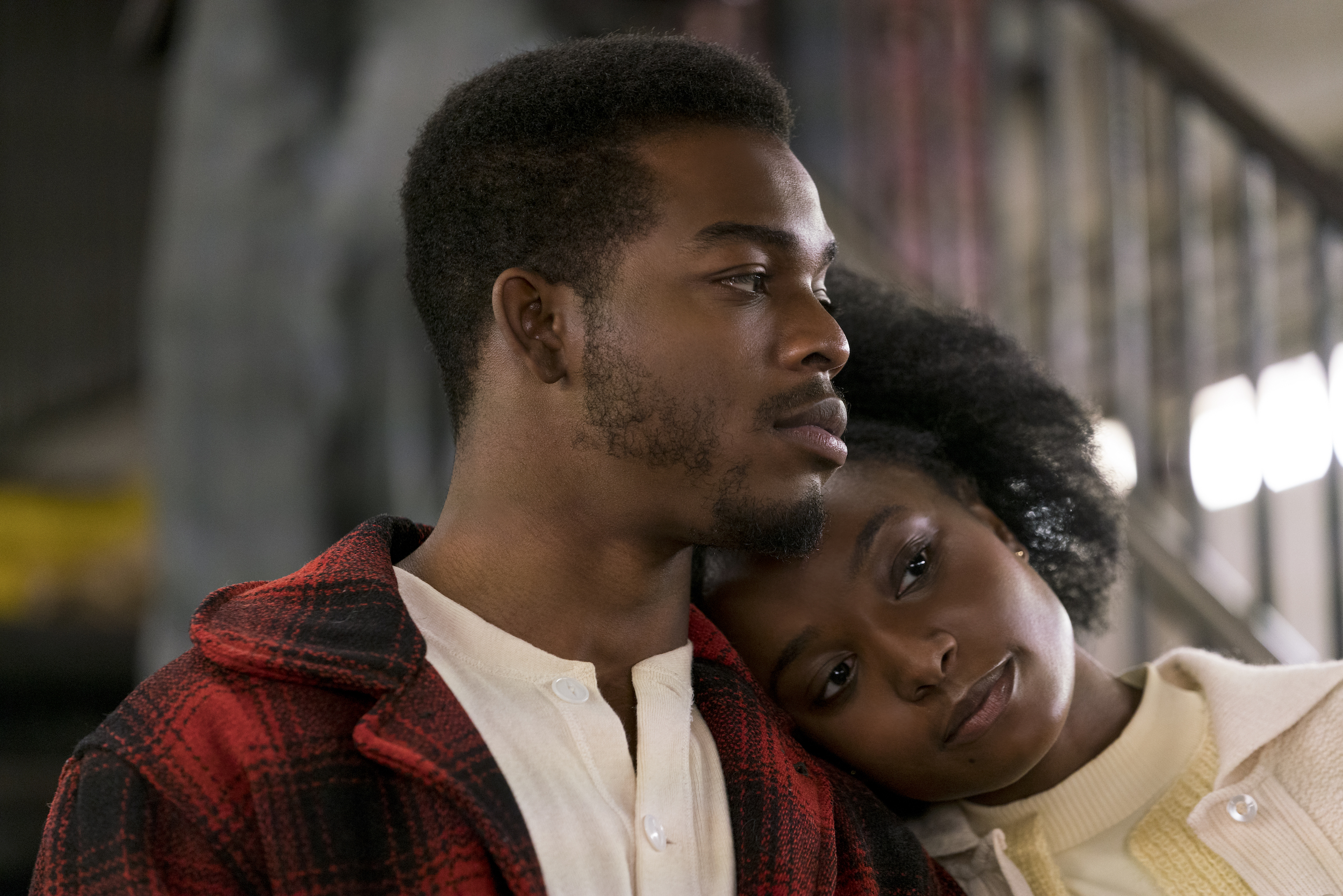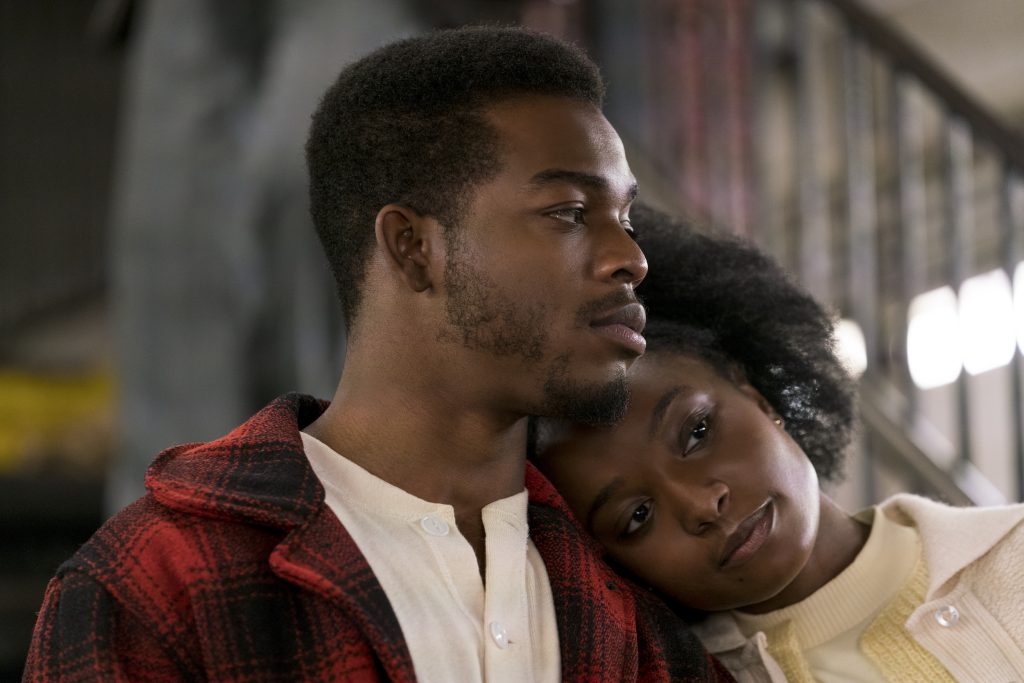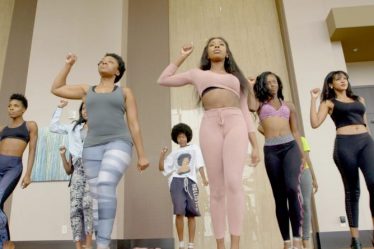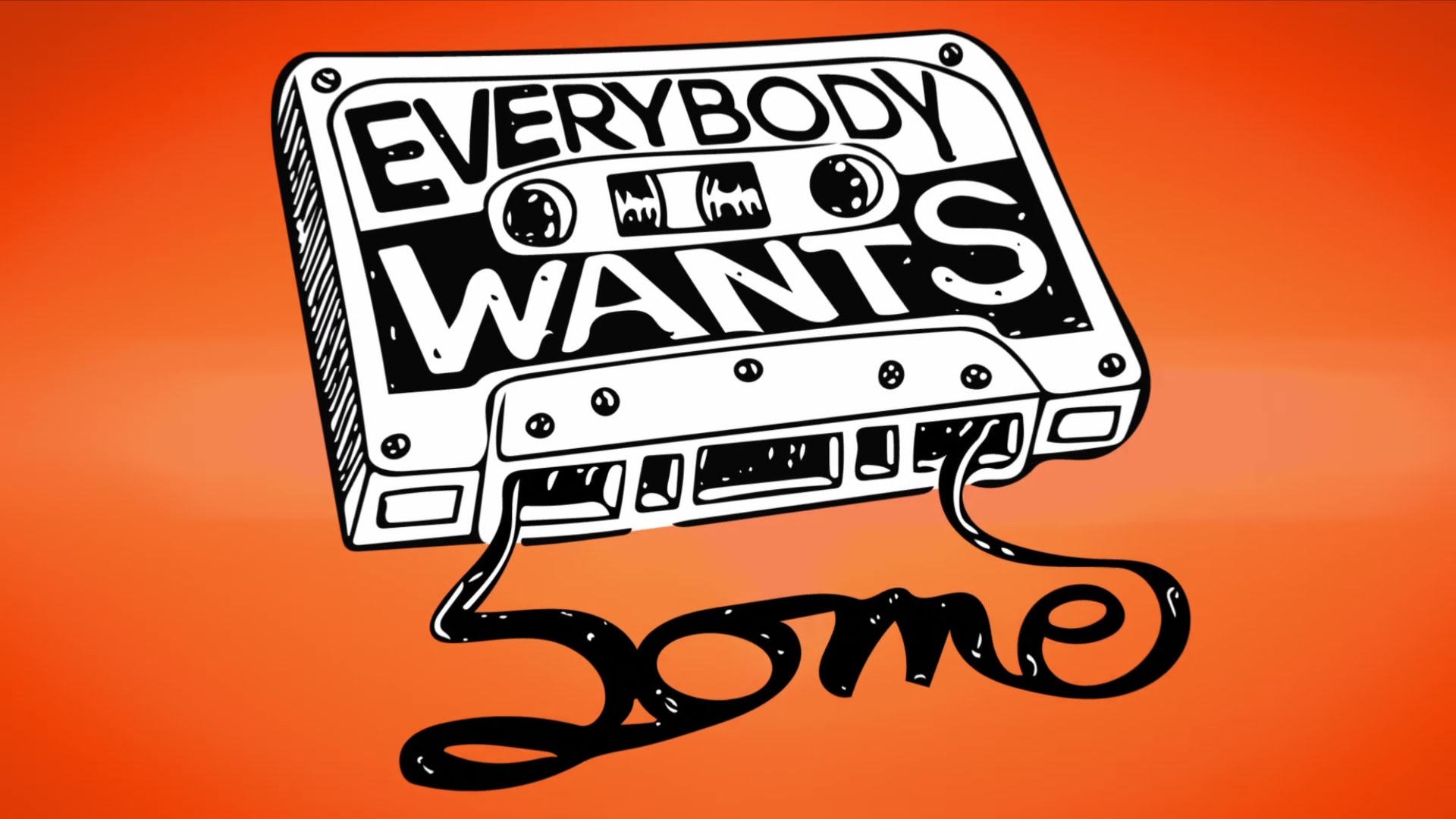

A few years ago, the film Moonlight reflected aspects of life for marginalized people of color in a poignant, authentic way that brought attention to its writer/director Barry Jenkins as a filmmaker of note. His new release If Beale Street Could Talk reaffirms the attention and accolades he got were not only deserved, but a portent of great work to come.
Written for the screen and directed by Jenkins, If Beal Street Could Talk is on a 1974 James Baldwin novel, this love story, set in Harlem, follows young African-Americans Tish (KiKi Layne) and Fonny (Stephan James) as they experience love for each other, their families, and their unborn child, and scramble to find freedom for an incarcerated Fonny after he is wrongly accused of rape. It is the first English-speaking film released based on this book, and was created with the full approval of the Baldwin Estate. It’s also a celebration of the power of love in the black community, and as such is as relevant today as it was when the novel was released.
Barry Jenkins worked on the screenplay for the film at the same time as he wrote Moonlight. Indeed, Beale Street proves Jenkins has the ability to show nuance and sensitivity with both delicate and intense subject matter, and can bounce back and forth between the two with nearly unequaled skill. The love story between Tish and Fonny takes the form of long, meditative sequences of the two just experiencing each other. Whether they are walking in the rain holding hands, sitting together silently, or expressing themselves physically with a kiss or lovemaking, Jenkins isn’t afraid to linger in those moments. They are excruciatingly beautiful. Tish’s mother Susan (Regina King) and father Joseph (Colman Domingo), as well as her sister Ernestine (Teyonah Parris) each display their own kind of familial love, supporting Tish in myriad ways that help her find her own strength. There’s never a question about the fierceness of what that love, when collected together, can accomplish. It nourishes Tish and Fonny even as they contend with the worst dangers and struggles from the outside.
Beale Street isn’t any kind of fairy tale, though. Living in the US as a black person, then as now, has tremendous challenges, not least of which is encountering racism at every turn. The audience witnesses that throughout the film, but most dramatically in exchanges with the cop who is eventually responsible for Fonny being identified as the rapist, the scenes of Tish visiting Fonny in jail, or when Fonny’s friend Daniel (Brian Tyree Henry) visits the couple in their little apartment and shares his soul-crushing, life-altering experiences in prison.
Every member of the acting ensemble in Beale Street commits to their portrayal with such realism and authenticity
it’s hard to imagine anyone else playing their roles. Parris’s Ernestine is like a lioness protecting her cubs. When she demands of Tish, “Unbow your head, sister!”, it is a declaration for Tish to remember her power and who she is in the moment and as essential to her future. What more could anyone want from their older sister? Regina King is the matriarch we all wish headed our families, standing by her daughter, and finding ways to solve both problems and be present in both her pain and her joy. King’s acting talent is in full form, as exampled by the many nominations she has gotten this awards season.
When KiKi Layne, who stars as Tish, took on her role, she was a relative newcomer to feature film. She is now becoming a major player in Hollywood. Her next starring role is in Richard Wright’s Native Son. For Beale Street, however, she depended on her co-stars to help her find the safety to fearlessly explore her character, which no doubt helped lead to her very powerful portrayal of 19-year-old Tish.
When my top ten list of the 2018 is released, this film will be among them. It also brings with it one of the best scores of the year, by Nicholas Britell. A study in love, commitment, and the fight against fear, it also has great relevance to this moment in history. As KiKi Layne says of the story, “black love is a revolutionary act.” That remains too. One of the best lines of the novel and the film is “Love is what you brought you here. If you trusted love this far, don’t panic now.” A film with words like these is a great way to either end what’s been for many quite a dark year, or begin the new one with optimism.
5 out of 5 stars



